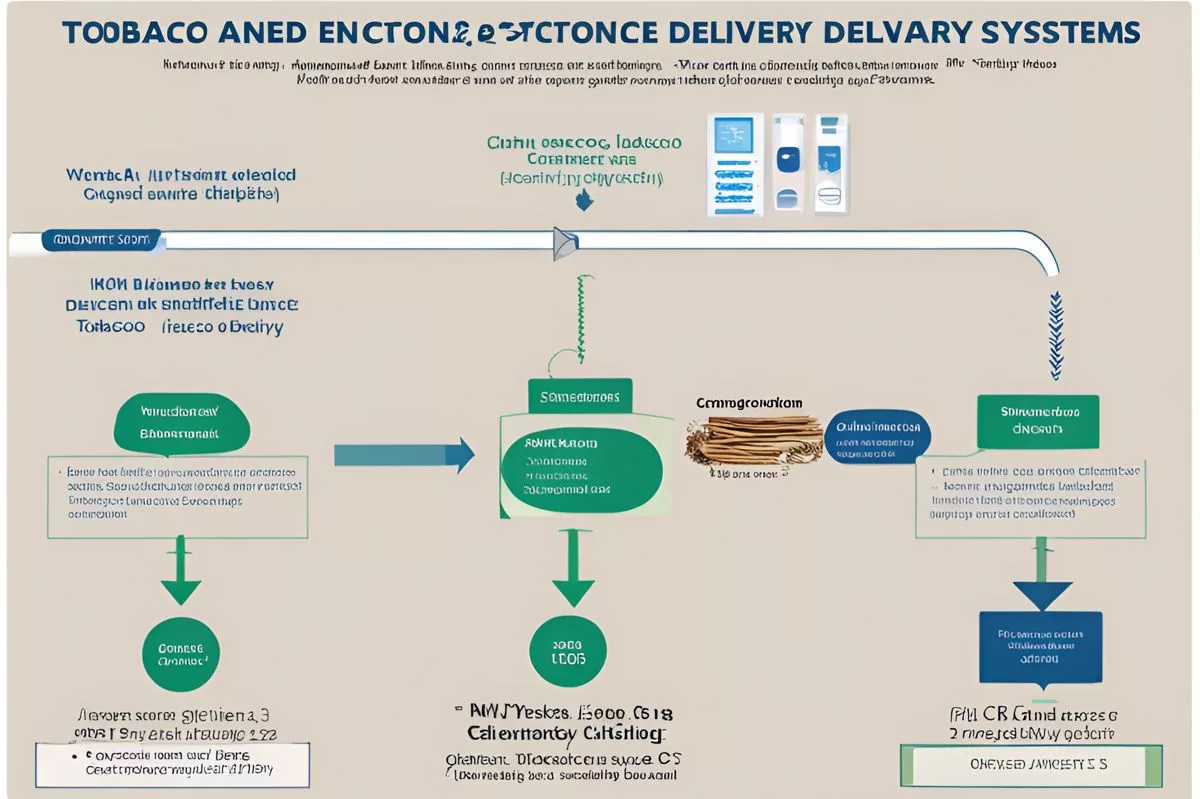As the first light of dawn painted the Ashley Wyngaardt Community Hall in Queenstown, Eastern Cape, a vigorous discussion was taking place. Inhabitants of the Chris Hani District Municipality were passionately exchanging opinions about the Tobacco Products and Electronic Delivery Systems Control Bill (B33-2022). This was the second in a series of three public hearings conducted in the Eastern Cape. The central request from the participants was for a nuanced approach to the regulation of tobacco products and electronic delivery systems.
A Community That Fights For Its Beliefs
The Chris Hani District Municipality, named after the respected South African anti-apartheid activist, is home to residents who aren’t afraid to advocate for their convictions. Reflecting the spirit of their namesake, they argued fervently and passionately. The primary focus of their argument? They perceive electronic delivery systems as less harmful than traditional cigarettes and view them as potential aids in the mission to reduce tobacco usage.
However, their arguments were not based on perceptions alone. They also drew upon successful examples of nuanced and evidence-based strategies from other countries, urging South Africa to follow similar paths. Their issue was not with the goals of the Bill but with its structure. They objected to the single legislation encompassing both tobacco and electronic delivery systems.
Concerns About the Bill’s Impact
The residents expressed concern about Clause 9 (5) of the Bill that proposes banning the sale of tobacco products and electronic delivery systems online, or via mail or courier services. They labeled this proposition as impractical. They contended that such legislation would negatively affect e-commerce, an expanding platform of economic exchange and a significant economic driver, leading to detrimental economic outcomes.
Those who opposed the Bill also highlighted that Clause 12 does not specify funding and monitoring procedures. The public hearings attracted a wide range of opinions, from ardent supporters of the Bill to those who rejected it outright.
Mixed Perspectives on the Bill
On one hand, those in favor of the Bill shared personal experiences of loss due to preventable diseases such as cancer and tuberculosis, which are often induced by tobacco consumption. They viewed this Bill as a powerful deterrent to youth, preventing high consumption of tobacco products.
They further suggested that the Bill could potentially redirect significant resources currently used to treat smoking-related illnesses towards fortifying the healthcare system or financing other social initiatives. Supporters appreciated the proposal in Clause 7 for graphic displays illustrating the severe health, economic, and social consequences of tobacco consumption. They were of the belief that such images would influence informed decision-making, thereby potentially reducing usage.
Supporters also contended that the Bill would protect non-smokers from second-hand smoke inhalation, an issue they felt was currently ignored by smokers.
However, not everyone held this positive perspective of the Bill. Its critics emphasized the potential detriment to small-scale tobacco producers and traders, arguing that the Bill might jeopardize their livelihoods, especially in the context of increasing unemployment.
Critics also voiced concerns about an expected surge in the market for illicit cigarettes due to the implementation of the Bill. They suggested that these illegal cigarettes might not conform to manufacturing standards, potentially posing an even greater health risk to smokers.
Moreover, critics underscored the potential adverse impact on the economy, pointing out how the tobacco industry significantly contributes to the nation’s economy via tax revenue and job creation. They argued that the implementation of the Bill might decrease the legal sale of tobacco products, leading to a reduction in tax collection and increased job losses.
The committee wrapped up the Eastern Cape segment of the hearings with a final session in East London. Residents of the Buffalo City Metropolitan Municipality were invited to express their perspectives on the Bill, adding to the complex and ongoing dialogue.








